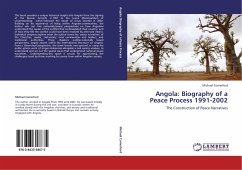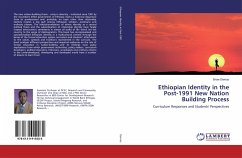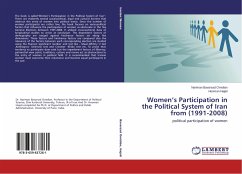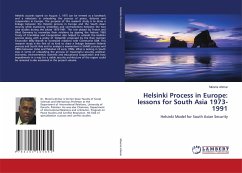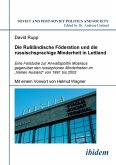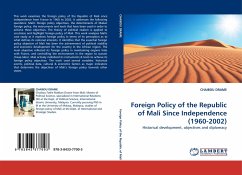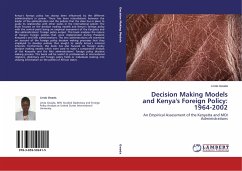This book provides a unique historical insight into Angola from the signing of the Bicesse Accords in 1991 to the Luena Memorandum of Understanding, which followed the death of Jonas Savimbi in 2002. Building on his experience of living within Angolan communities, the author sets out five nationally based perspectives on how Angolans understood the causes of the conflict that so devastated their country, and of how they felt the conflict could have been resolved by alternate means.Individual chapters explore what the author terms the peace narratives of the Churches, media, civil society, local communities and healers, and traditional authorities. These chapters outline nationally based perspectives, largely absent within the international literature on Angola. From a theoretical perspective, the book breaks new ground in using the public sphere work of Jürgen Habermas alongside a civil society analysis, to understand and set out the spatial issues that underpinned national peacenarratives. Understanding this space is crucial for appreciating the challenges faced by those working for peace from within Angolan society.
Bitte wählen Sie Ihr Anliegen aus.
Rechnungen
Retourenschein anfordern
Bestellstatus
Storno

